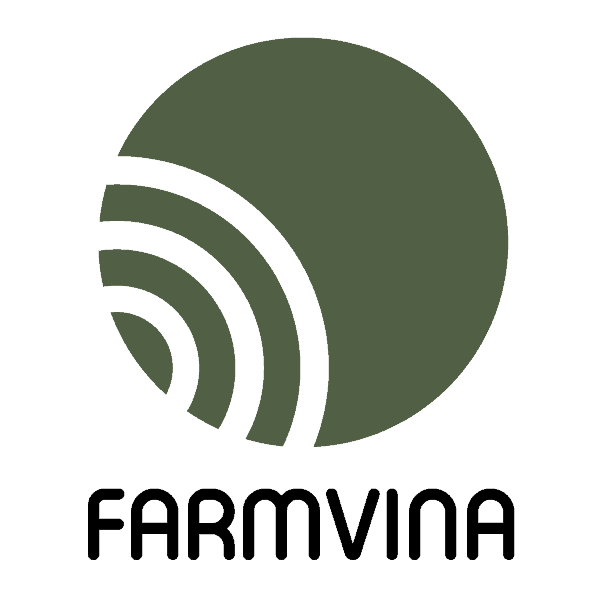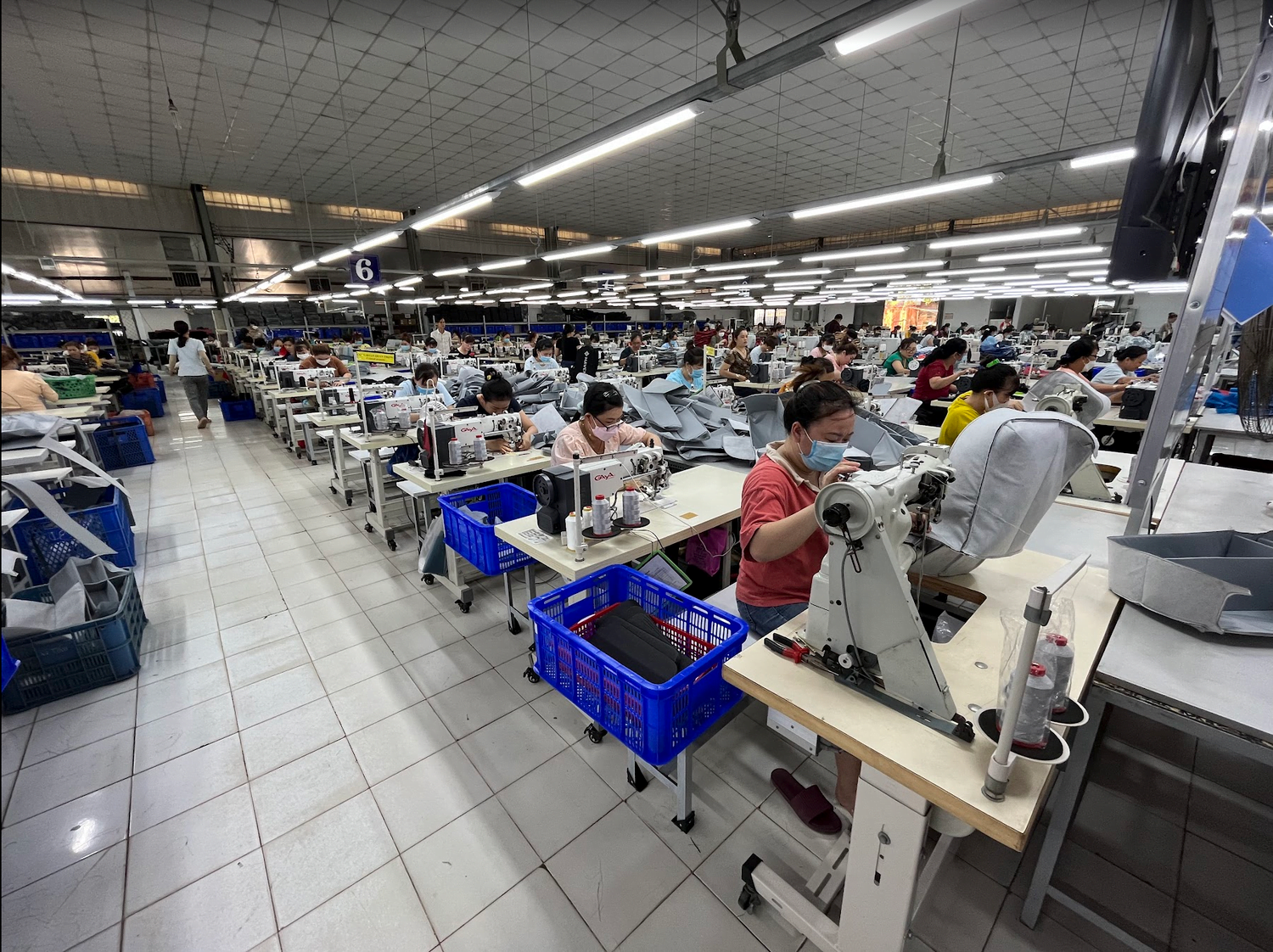Ethical sourcing from Vietnam involves transparent supply chains, fair labor practices, environmental sustainability, and respectful engagement with local communities to ensure social responsibility throughout the production process.
Navigating Ethical Sourcing in Vietnam: A Comprehensive Buyer’s Guide
Ethical sourcing refers to the practice of ensuring that the products and services a company uses are produced in a responsible and sustainable manner. This includes considering the impact on workers, communities, and the environment throughout the supply chain. In Vietnam, ethical sourcing is of utmost importance due to the country’s growing role in global trade and its impact on labor rights, environmental sustainability, and supply chain transparency.
This blog post aims to provide an overview of the current state of ethical sourcing in Vietnam, the key issues faced by companies, the legal frameworks and standards in place, best practices for implementation, case studies of successful ethical sourcing initiatives, the role of technology in monitoring and reporting, engaging stakeholders, and overcoming challenges. By understanding these aspects, companies can navigate ethical sourcing in Vietnam for a more sustainable future.
The Current State of Ethical Sourcing in Vietnam: Challenges and Opportunities
Vietnam has emerged as a major player in global trade, particularly in industries such as textiles, electronics, and footwear. However, the country still faces challenges when it comes to implementing ethical sourcing practices. One of the main challenges is the lack of awareness and understanding among companies about the importance of ethical sourcing and its impact on their reputation and bottom line.
Another challenge is the complexity of supply chains in Vietnam. Many companies source their products from multiple suppliers, making it difficult to ensure that each one adheres to ethical standards. Additionally, there is a lack of transparency in supply chains, making it challenging for companies to trace the origin of their products and ensure that they are produced ethically.
Despite these challenges, there are also opportunities for companies to improve their ethical sourcing practices in Vietnam. The country has made progress in recent years in terms of labor rights and environmental sustainability. There is also a growing demand from consumers for ethically sourced products, which can create a competitive advantage for companies that prioritize ethical sourcing.
Key Ethical Sourcing Issues in Vietnam: Labor Rights, Environmental Sustainability, and Supply Chain Transparency
Labor rights, environmental sustainability, and supply chain transparency are key ethical sourcing issues in Vietnam. In terms of labor rights, there have been reports of poor working conditions, low wages, and violations of workers’ rights in industries such as textiles and electronics. Companies need to ensure that their suppliers provide fair wages, safe working conditions, and respect workers’ rights.
Environmental sustainability is another important issue in Vietnam. The country has been experiencing rapid industrialization and urbanization, leading to increased pollution and environmental degradation. Companies need to ensure that their suppliers adhere to environmental regulations and promote sustainable practices such as waste reduction, energy efficiency, and responsible resource management.
Supply chain transparency is also a major issue in Vietnam. Many companies have complex supply chains with multiple tiers of suppliers, making it difficult to trace the origin of products and ensure that they are produced ethically. Companies need to work closely with their suppliers to improve transparency and ensure that ethical standards are met throughout the supply chain.
Legal Frameworks and Standards for Ethical Sourcing in Vietnam
Vietnam has a legal framework in place to promote ethical sourcing practices. The country has labor laws that protect workers’ rights, including the right to fair wages, safe working conditions, and freedom of association. There are also environmental regulations that aim to protect the environment and promote sustainable practices.
In addition to domestic regulations, Vietnam also adheres to international standards for ethical sourcing. For example, the International Labour Organization (ILO) has set standards for labor rights that Vietnam is expected to comply with. The United Nations Global Compact provides guidelines for companies on responsible business practices, including ethical sourcing.
Government agencies play a crucial role in enforcing these regulations and standards. They conduct inspections and audits to ensure compliance and take action against companies that violate ethical sourcing practices. However, there is still room for improvement in terms of enforcement and monitoring.
Best Practices for Ethical Sourcing in Vietnam: Due Diligence, Risk Assessment, and Supplier Engagement
To implement ethical sourcing practices in Vietnam, companies should follow best practices such as due diligence, risk assessment, and supplier engagement. Due diligence involves conducting thorough research and assessment of suppliers to ensure that they meet ethical standards. This includes evaluating their labor practices, environmental impact, and supply chain transparency.
Risk assessment is another important practice in ethical sourcing. Companies need to identify potential risks in their supply chains and develop strategies to mitigate them. This includes assessing the risk of labor rights violations, environmental damage, and supply chain disruptions.
Supplier engagement is also crucial for ethical sourcing in Vietnam. Companies should work closely with their suppliers to ensure that they understand and adhere to ethical standards. This includes providing training and support to suppliers, conducting regular audits and inspections, and fostering open communication.
Building a Sustainable Supply Chain in Vietnam: Collaboration, Innovation, and Impact Measurement
Building a sustainable supply chain in Vietnam requires collaboration, innovation, and impact measurement. Collaboration involves working with suppliers, government agencies, NGOs, and other stakeholders to promote ethical sourcing practices. This includes sharing best practices, exchanging information, and collaborating on initiatives to improve labor rights, environmental sustainability, and supply chain transparency.
Innovation is also important for building a sustainable supply chain in Vietnam. Companies should explore new technologies and approaches to improve their ethical sourcing practices. This includes using blockchain technology to enhance supply chain transparency, implementing sustainable production methods, and developing innovative solutions to address labor rights issues.
Impact measurement is crucial for assessing the effectiveness of ethical sourcing initiatives. Companies should measure the social, environmental, and economic impact of their practices and use this information to make informed decisions and drive continuous improvement.
Case Studies: Ethical Sourcing Success Stories in Vietnam
There are several companies that have successfully implemented ethical sourcing practices in Vietnam. One example is Patagonia, an outdoor clothing company that is known for its commitment to sustainability and ethical sourcing. Patagonia works closely with its suppliers to ensure that they meet strict labor and environmental standards. The company also promotes transparency by providing information about its supply chain on its website.
Another example is Nike, a global sportswear company that has made significant progress in improving its ethical sourcing practices in Vietnam. Nike has implemented a comprehensive monitoring and auditing program to ensure that its suppliers meet labor rights and environmental standards. The company also works closely with NGOs and government agencies to address issues such as child labor and forced labor.
The Role of Technology in Ethical Sourcing: Tools and Platforms for Monitoring and Reporting
Technology plays a crucial role in ethical sourcing by providing tools and platforms for monitoring and reporting. For example, blockchain technology can be used to create transparent and traceable supply chains. This allows companies to track the origin of their products and ensure that they are produced ethically.
There are also software platforms available that help companies monitor their suppliers’ compliance with ethical standards. These platforms provide real-time data on labor practices, environmental impact, and supply chain transparency, allowing companies to identify potential issues and take corrective actions.
In addition to monitoring, technology can also facilitate reporting on ethical sourcing practices. Companies can use online platforms to report on their progress, share best practices, and engage with stakeholders. This promotes transparency and accountability in the supply chain.
Engaging Stakeholders in Ethical Sourcing: Workers, Communities, NGOs, and Government Agencies
Engaging stakeholders is crucial for successful implementation of ethical sourcing practices in Vietnam. This includes workers, communities, NGOs, and government agencies.
Workers should be involved in the decision-making process and have a voice in shaping the policies and practices that affect them. This can be done through worker representation, trade unions, and worker empowerment programs. Companies should also provide training and support to workers to ensure that they understand their rights and responsibilities.
Communities play an important role in ethical sourcing by providing a supportive environment for workers and promoting sustainable development. Companies should engage with local communities and address their concerns and needs. This includes investing in community development projects, supporting local businesses, and promoting social and environmental initiatives.
NGOs and government agencies are key stakeholders in ethical sourcing as they play a crucial role in monitoring and enforcing ethical standards. Companies should collaborate with NGOs and government agencies to share information, exchange best practices, and address issues such as labor rights violations and environmental damage.
Overcoming Challenges in Ethical Sourcing: Cultural Differences, Language Barriers, and Cost Constraints
Implementing ethical sourcing practices in Vietnam can be challenging due to cultural differences, language barriers, and cost constraints. Cultural differences can affect the understanding and implementation of ethical standards. Companies need to be aware of cultural norms and practices in Vietnam and adapt their approach accordingly.
Language barriers can also pose challenges in implementing ethical sourcing practices. Companies should ensure that there is clear communication between all stakeholders involved in the supply chain. This may require hiring translators or providing training on ethical standards in the local language.
Cost constraints are another challenge in ethical sourcing. Implementing ethical practices may require additional investments in training, monitoring, and auditing. Companies need to carefully consider the costs and benefits of ethical sourcing and find ways to make it financially viable.
Navigating Ethical Sourcing in Vietnam for a More Sustainable Future
In conclusion, ethical sourcing is of utmost importance in Vietnam due to its growing role in global trade and its impact on labor rights, environmental sustainability, and supply chain transparency. Despite the challenges faced by companies, there are opportunities for improvement through collaboration, innovation, and engagement with stakeholders.
By following best practices such as due diligence, risk assessment, and supplier engagement, companies can ensure that their products are produced in a responsible and sustainable manner. Technology plays a crucial role in monitoring and reporting on ethical sourcing practices, while engaging stakeholders such as workers, communities, NGOs, and government agencies is essential for success.
Implementing ethical sourcing practices in Vietnam is not without its challenges, but by navigating these challenges and prioritizing ethical sourcing, companies can contribute to a more sustainable future for Vietnam and the global community. It is crucial for companies to take action now and implement ethical sourcing practices to ensure a better future for all.
Originally posted 2024-03-28 09:14:54.



